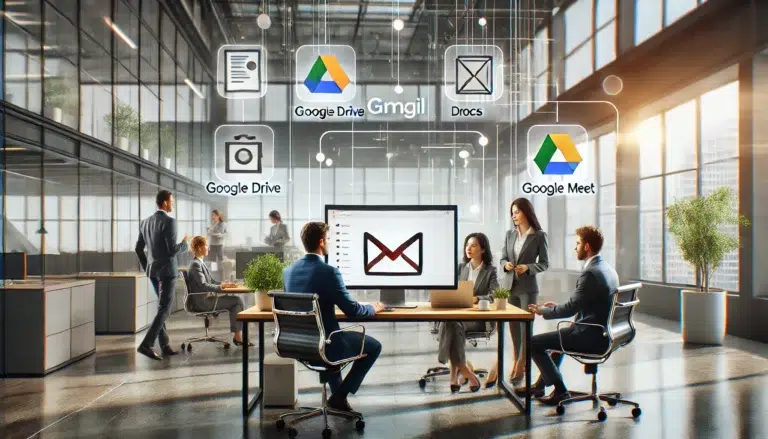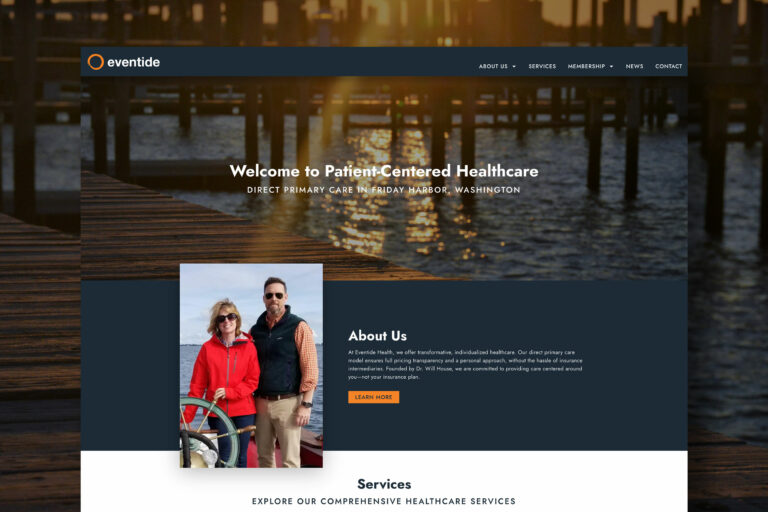Websites serve as crucial touchpoints, bridging the gap between businesses, institutions, and their audiences. As our reliance on digital platforms grows, the onus falls on creators and developers to ensure these websites are functional and inclusive. Every individual, regardless of their abilities or disabilities, should be able to access, navigate, and benefit from online content. This is where the concept of user accessibility comes into play.
User accessibility emphasizes the importance of creating web content that’s accessible to all. It recognizes that disabilities can manifest in various ways – from visual and auditory impairments to cognitive and motor challenges. A genuinely accessible website doesn’t just cater to one group but aims to be inclusive of the entire spectrum of disabilities.
Moreover, the digital realm offers opportunities and resources that can be life-changing. Be it education, employment, healthcare, or entertainment, websites are gateways to a plethora of services. By not ensuring accessibility, we risk alienating a significant portion of the population, denying them opportunities many take for granted.

What is User Accessibility?
Catering to a diverse audience with varied needs and abilities. Within this context, user accessibility emerges as the commitment to ensure that everyone, regardless of physical or cognitive abilities, can access and engage with online content. At its heart, it’s about removing barriers and creating an inclusive digital environment. This commitment translates into several key aspects:
- Readability: Ensuring text is legible, with clear fonts and appropriate contrast.
- Navigation: Making sure that all website functions can be accessed using a keyboard, touch, or voice commands.
- Compatibility: Ensuring websites work seamlessly with assistive technologies like screen readers or braille displays.
- Multimedia: Providing video captions, image descriptions, and audio content transcripts.

Why is User Accessibility Important?
The significance of accessibility goes beyond just ticking boxes or meeting guidelines. It’s a reflection of our values as a society and our commitment to equality. When we talk about the importance of accessibility, we’re not just discussing a design principle; we’re highlighting the value of inclusivity and the role of the digital world in fostering it. With this broader perspective, several reasons underscore its importance:
- Inclusivity and Equal Opportunity: Accessibility goes beyond compliance—it’s about valuing diversity and ensuring everyone has equal access to online resources. It reflects a society that cares for all its members, irrespective of their abilities.
- Wider Audience Reach: By not making a website accessible, businesses inadvertently exclude about 15% of the world’s population. This translates to losing potential customers, talent, and diverse perspectives.
- Improved SEO: Accessible websites often align with best practices for SEO. Elements like clear headings, descriptive image alt text, and semantic HTML benefit accessibility and search rankings.
- Enhanced User Experience: An accessible site is often more user-friendly for everyone. Simplified layouts, clear calls to action, and easy navigation benefit all users, not just those with disabilities.

Potential Issues of Ignoring User Accessibility:
The digital landscape is fraught with competition, and users have many choices. In this environment, overlooking accessibility isn’t just an oversight—it can have tangible repercussions. The ramifications of ignoring accessibility can be multifaceted, affecting both the reputation and bottom line of businesses:
- Missed Business Opportunities: Inaccessibility can deter a vast segment of potential customers. Beyond just loss of sales, it can also mean missed opportunities for feedback, collaboration, and innovation.
- Reputation Damage: In the age of social media, a company’s reputation is fragile. Being known as a brand that overlooks accessibility can lead to negative press, social media backlash, and loss of customer trust.
- Legal Ramifications: Ignoring accessibility isn’t just a moral oversight; it can have legal consequences. Many countries have regulations that can result in legal actions against non-compliant websites.

Legal Implications:
In the evolving legal landscape, digital accessibility has garnered significant attention. Governments and institutions recognize the importance of an inclusive digital world and have established frameworks to ensure it. Beyond just being rules to follow, these legal guidelines signify a societal shift towards a more inclusive digital future:
- The Americans with Disabilities Act (ADA): The ADA has been interpreted in US courts to apply to websites, especially for businesses with physical locations. Non-compliance can lead to lawsuits and substantial penalties.
- The Web Accessibility Initiative (WAI): While the WAI’s guidelines aren’t laws, they serve as a global standard for web accessibility. Many countries have modeled their accessibility laws around these guidelines.
- The Equality Act 2010: In the UK, businesses can be sued for discrimination if their websites are inaccessible. This can lead to financial penalties and mandated remedial action.
- Other National Laws: Many countries, from Canada to Australia, have their own accessibility laws. International businesses must be aware of and compliant with these regulations.
In our digital-first world, user accessibility is more than a technical requirement—it’s a testament to our commitment to creating a world where everyone has equal access to opportunities and resources regardless of their abilities. Embracing accessibility is about adhering to guidelines and championing inclusivity in the digital age.















